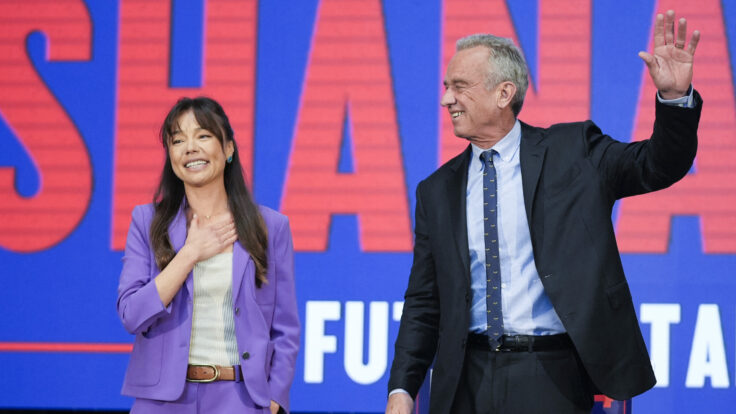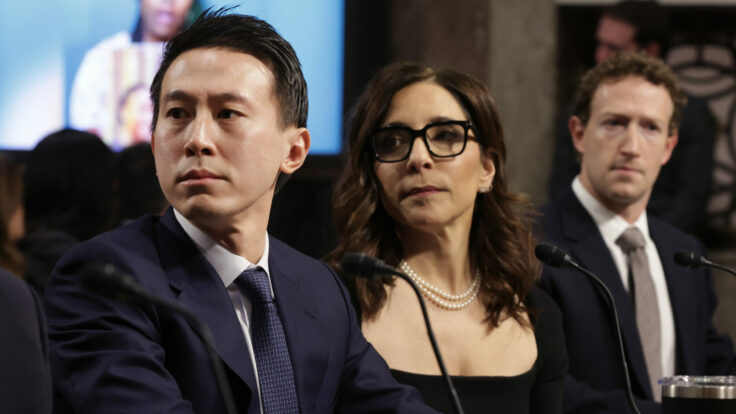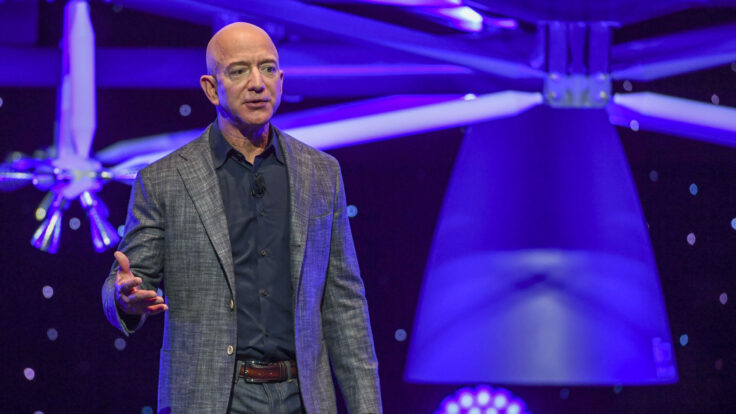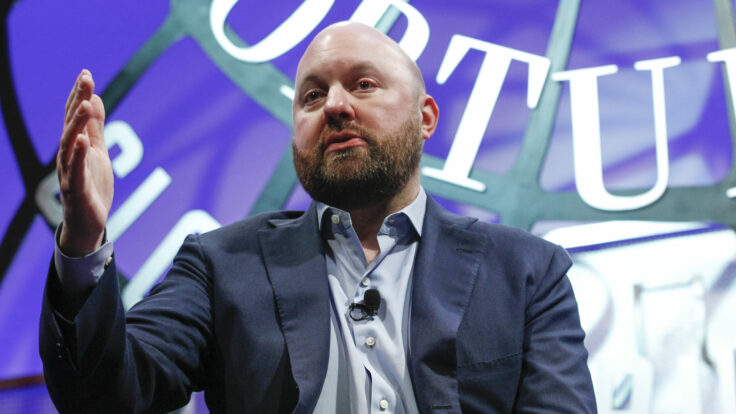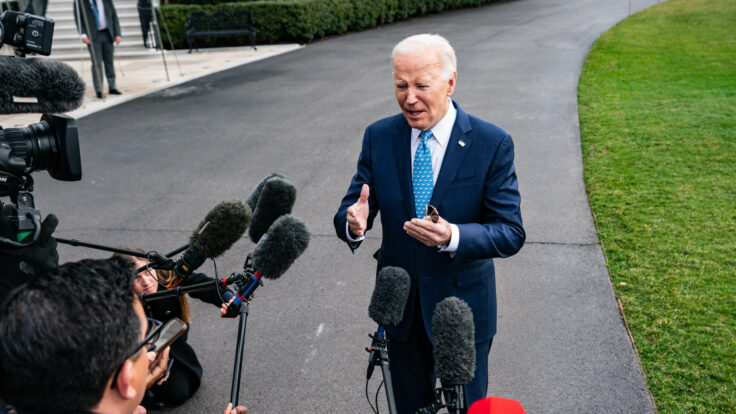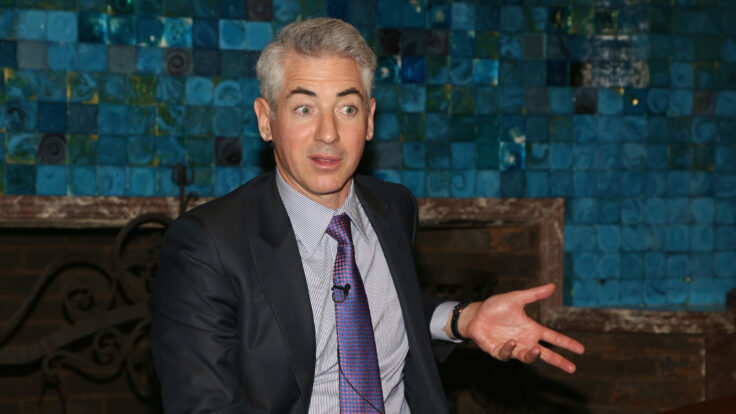Is the biggest proposed merger in video game history dead? That’s what I’ve been contemplating ever since the Federal Trade Commission filed an administrative complaint on Dec. 8 contending that Microsoft’s $68.7 billion acquisition of Activision Blizzard would substantially lessen competition. Sure, headline writers made the fate of this merger seem like something less than a fait accompli, and that the government was merely “suing to block” the deal. But I wonder if giving Microsoft any shot here undersells what has just happened. Especially in light of what’s known about the F.T.C. adjudicative hellscape, the details of this particular merger agreement, and finally, how badly Lina Khan wants a win.
Wall Street, of course, has been hedging its bets for months. Yes, there was a clear industrial logic behind Microsoft, with its underrated Xbox business and strong cash position, buying up Activision, the behemoth video game publisher, especially amid various sexual harassment and discrimination scandals that helped convince C.E.O. Bobby Kotick it was time to sell. Still, thanks to Joe Biden’s very aggressive regulators, investors have harbored serious doubts whether the deal would close. Under the terms of the merger, Microsoft would pay $95 a share for Activision. Despite such generosity, the game publisher’s stock hasn’t traded past $86 at any time this past year. Currently, it’s at $75. Meaning, anyone who wants to bet on the merger actually happening would make a killing if it really does.









